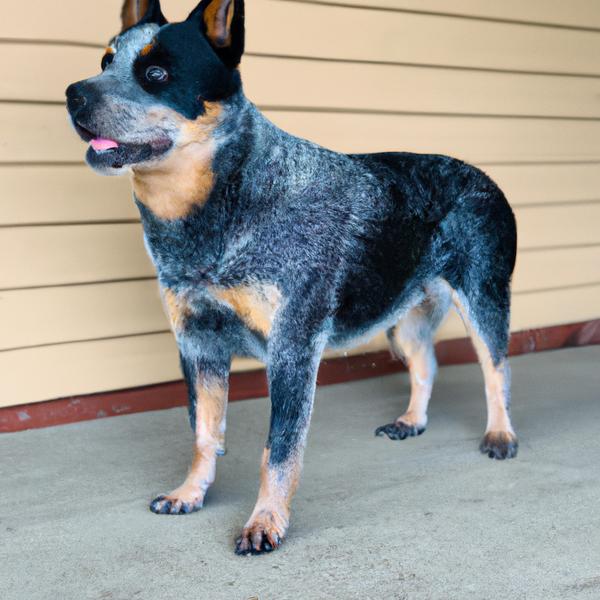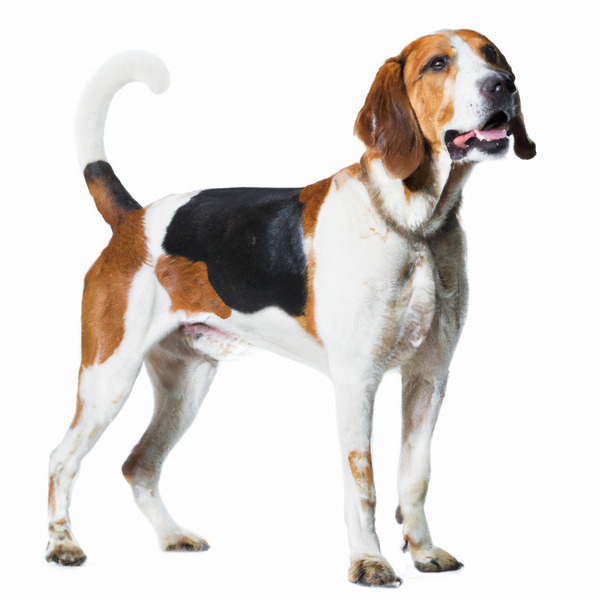Australian Cattle Dog vs. American Foxhound: Breed Differences and Similarities
Weight Gain Potential
Which breed eats more: Australian Cattle Dog or American Foxhound?
Australian Cattle Dog has high obesity risk, needs regular exercise and food control to maintain healthy weight.
American Foxhound tends to gain weight easily, needs increased exercise and playtime along with controlled food intake.
Hypoallergenic
Are Australian Cattle Dogs or American Foxhounds hypoallergenic, or neither?
Unfortunately, neither Australian Cattle Dog nor American Foxhound are hypoallergenic, which may not make them the best choice for dog lovers who suffer from pet allergies.
Temperament
What are the personalities of Australian Cattle Dog and American Foxhound dogs?
Aggressive
Energetic
Loyal
Responsive
Alert
Intelligent
Protective
Independent
Kind
Loyal
Intelligent
Loving
Sweet
Tempered
Shedding Level
Do Australian Cattle Dogs shed more than American Foxhounds, or which breed sheds more, Australian Cattle Dogs or American Foxhounds?
Australian Cattle Dogs are moderate shedders, but regular brushing can reduce shedding and maintain coat health.
American Foxhounds shed very little hair, making them a great choice for those who dislike excess hair in the house.
Watchdog Ability
Which dog breed makes a better watchdog, the Australian Cattle Dog or American Foxhound?
Choose an Australian Cattle Dog if you want a top-notch watchdog. This breed takes guarding seriously, and may not require much training, though obedience or guard dog training can improve their skills.
American Foxhounds aren't great guard dogs; they tend to just watch without taking action.
Origin
What is the origin of Australian Cattle Dog and American Foxhound dog breeds?
Australia
United States
Ancestry
What are the origins of Australian Cattle Dog and American Foxhound breeds?
Dingo
English Foxhound
Date of Birth
When were Australian Cattle Dog and American Foxhound breeds first developed?
1800s
1600s
Breed Group
What is the Breed Group of Australian Cattle Dog and American Foxhound?
Herding (AKC:1980 & UKC)
Hound (AKC:1886)
Scenthound (UKC)
Eye Color Possibilites
What are the eye colors of Australian Cattle Dog and American Foxhound dogs?
Blue
Brown
Amber
Hazel
Brown
Nose Color Possibilites
What are the natural nose colors of Australian Cattle Dog and American Foxhound?
Black
Brown
Black
Brown
Coat Color Possibilites
What are the natural colors of the coat for Australian Cattle Dog and American Foxhound breeds?
Blue
Red
Black
Brown
Red
Cream
Blue
White
Pied
Coat Length
What is the typical coat length for Australian Cattle Dog and American Foxhound breeds?
The coat of Australian Cattle Dog and American Foxhound dogs falls in the medium-length category.
Coat Density
What is the density of the coat of Australian Cattle Dog and American Foxhound?
Coat Texture
What is the hair texture of Australian Cattle Dog and American Foxhound?
Straight
Litter Size
What is the usual litter size for Australian Cattle Dog and American Foxhound?
An Australian Cattle Dog can have a litter of 12-15 puppies on average. However, it's worth noting that the size of the litters can vary greatly. Factors that can influence litter size include the health of the mother, breeding history, and genetics.
An American Foxhound can have a litter of 10-12 puppies on average. However, it's worth noting that the size of the litters can vary greatly. Factors that can influence litter size include the health of the mother, breeding history, and genetics.
Adaptability
Australian Cattle Dogs have average adaptability to changes in lifestyle and living environments compared to other breeds.
American Foxhounds are highly adaptable and versatile, making them excellent companions for families and individuals of all lifestyles.
Health Issues
Between Australian Cattle Dog and American Foxhound, which breed is more prone to health problems?
While the Australian Cattle Dog breed is generally healthy, occasional vet check-ups are still necessary to address any health concerns.
The American Foxhound is prone to health issues and requires regular check-ups with a vet to identify and treat any problems early.
Major Concerns
What are the major health concerns for Australian Cattle Dog and American Foxhound breeds?
Deafness
OCD
Progressive Retinal Atrophy
Hip Dysplasia
Usually A Very Healthy Breed
Minor Concerns
What minor health issues should be kept in mind when owning Australian Cattle Dog and American Foxhound?
Cataracts
Lens Luxation
Ear Infections
Thrombocytopathy
Occasional Tests
What occasional tests are recommended for Australian Cattle Dog and American Foxhound breeds?
Eye
Hip
Hearing
X-Rays
Ear Examination
Blood Analysis
Complete Physical Examination
Energy
How do the energy levels of Australian Cattle Dogs and American Foxhounds compare?
Australian Cattle Dog and American Foxhound breeds are high-energy dogs, thus an active lifestyle suits them well.
Social Needs
Australian Cattle Dog vs American Foxhound social needs comparison
Australian Cattle Dog has average social needs and is less independent than other breeds.
American Foxhound has above average social needs and thrives with interaction with humans and other dogs.
Exercise Needed
Australian Cattle Dog vs American Foxhound exercise need comparison.
The Australian Cattle Dog and American Foxhound breeds need a high level of physical activity to maintain a healthy lifestyle. They also make great companions for people who lead an active lifestyle and enjoy running, hiking, or other outdoor activities. These breeds are not suitable for people with a sedentary lifestyle or those who live in small apartments.
Sleeping Need
Which of the two sleeps the most/least: Australian Cattle Dog or American Foxhound?
Australian Cattle Dog and American Foxhound are active dogs that may not require as much sleep as other breeds. However, they still need enough sleep to stay healthy.
Drooling Tendency
Which drools more/less, Australian Cattle Dog or American Foxhound?
The Australian Cattle Dog and American Foxhound breeds are known for their low drooling tendencies, making them a suitable choice for people who don't want to deal with drool marks on their clothing.
Tendency to Bark
Do Australian Cattle Dogs or American Foxhounds bark more/less frequently?
Australian Cattle Dog dogs are generally less vocal than other breeds and only bark when necessary, such as to alert their owner or communicate.
American Foxhound dogs bark and howl frequently and are not recommended for quiet homes.
Territorial
Is the Australian Cattle Dog or American Foxhound a better guard dog?
Australian Cattle Dog dogs are highly protective and make excellent guard dogs due to their strong instinct to defend their territory and owners, and their high level of vigilance.
American Foxhound dogs are not typically good guard dogs due to their lack of protective nature and weak territorial drive.
Mouthiness
Mouthiness Comparison: Australian Cattle Dog vs American Foxhound?
Roaming urge
Australian Cattle Dog vs Labrador: Running away tendency?
Prey Drive
Australian Cattle Dog or American Foxhound - which breed has a higher level of prey drive?
Past times
What are some enjoyable activities and ways to keep Australian Cattle Dog and American Foxhound entertained?
Chase, Running, Walk, Run, Fetch, Play, Herding, Playing, Walking, Road trip, Playing fet, Hiking, Eating Snacks, Hike, Sleep, Kisses, Sniffing, Sprint, Tug-of-war, Hunt, Tracking, Investigating, Cuddling, Off-leash, Chewing, Herding birds, Bike ride, Go to Park, Jogging, Dog Parks
Tracking, Scenting, Mind training, Walks, Walking, Runnning, Sniffing
Activity Level
Which breed has higher energy, Australian Cattle Dogs or American Foxhounds?
Australian Cattle Dog and American Foxhound are high-energy dogs that require a lot of mental and physical exercise. Without proper stimulation and attention, these breeds can become problematic. If you're considering these breeds, be prepared to invest time and effort in their exercise and training.
Tolerance of being left alone
Walks per Week
How many miles should Australian Cattle Dog or American Foxhound walk each week?
Australian Cattle Dog and American Foxhound generally need a minimum of 14 miles of walking per week, but it can be increased as long as they are comfortable with it.
Activity per Day
Do Australian Cattle Dogs or American Foxhounds require more exercise?
Both Australian Cattle Dog and American Foxhound typically require a minimum of 90 minutes of exercise each day. The exercise can be spread throughout the day and may involve high-energy activities like walking, running, and playing.
Grooming
Which breed is easier to maintain in terms of grooming, Australian Cattle Dogs or American Foxhounds?
Australian Cattle Dog and American Foxhound are breeds of dogs that do not require extensive grooming.
Brushing Frequency
What is the recommended brushing frequency for Australian Cattle Dog and American Foxhound dogs?
In general Australian Cattle Dog should be brushed at least once a month. Of course you can give them more frequent brushes, especially if they enjoyed it
American Foxhound should be brushed at least once a week. Of course you can give them more frequent brushes if you find that they are still shedding a lot
Brushing Tools
What brushing tools are used for Australian Cattle Dogs and American Foxhounds?
Slicker Brush
Deshedder
Nail Clipper
Slicker Brush
Deshedder
Nail Clipper
Cups
How much food should be given to Australian Cattle Dog or American Foxhound in cups?
For an average 33-40 pound (15 - 18 kg) Australian Cattle Dog feed 2.5 cups daily. But, keep in mind, the amount you feed is going to be dependent on the quality of the food you are feeding.
For an average 40-65 pound (18 - 29 kg) American Foxhound feed 3 cups daily. But, keep in mind, the amount you feed is going to be dependent on the quality of the food you are feeding.
Daily Cost
Which breed has a higher daily cost, Australian Cattle Dog or American Foxhound?
The average cost of an Australian Cattle Dog is somewhere $1.70 - $2.00 per day.
The average cost of an American Foxhound is somewhere $2.80 - $3.20 per day.
Monthly Cost
Which breed has a higher monthly cost, Australian Cattle Dog or American Foxhound?
The average per month expenses of an Australian Cattle Dog is between $48 - $63. This makes an average of $576 - $756 per year. It will be on the higher side when the dog is still small because it will need more frequent visits to the vet, shots.
The average per month expenses of an American Foxhound is between $84 - $95. This makes an average of $1008 - $1140 per year. It will be on the higher side when the dog is still small because it will need more frequent visits to the vet, shots.
Intelligence
Comparing Intelligence: Australian Cattle Dogs vs American Foxhounds
Australian Cattle Dog is highly intelligent and very trainable.
American Foxhounds are average in obedience intelligence but have a high IQ and may cause trouble if left unsupervised.
Sensitivity Level
How do Australian Cattle Dog and American Foxhound compare in sensitivity?
This breed is sensitive and requires gentle handling and a calm home environment.
American Foxhounds are adaptable and resilient, making them ideal for those seeking a less sensitive pet.
Affection Dependance
Which is the more affectionate dog breed: Australian Cattle Dog vs American Foxhound?
Apartment Friendly
Which breed is more apartment-friendly: Australian Cattle Dog or American Foxhound?
Australian Cattle Dog and American Foxhound are not apartment-friendly dog breeds. These dog breeds are best in homes with large, fenced-in yards. They are not suited for apartment life and can become destructive due to pent up energy from being in a small space.
Child Friendly
Do Australian Cattle Dogs or American Foxhounds have a friendlier temperament towards children?
The typical characteristics of Australian Cattle Dog and American Foxhound indicate that this breed of dog is an ideal companion for kids and makes them family pets. Their gentle and protective nature and calm mentality make them gel along quickly with the younger humans.
Senior-friendly
Which dog is more suitable as a pet for the elderly - Australian Cattle Dog or American Foxhound?
Cat Friendly
Do Australian Cattle Dog or American Foxhound breeds have a better compatibility with cats?
Australian Cattle Dogs are average in their friendliness toward cats and tend to do well with them, especially if raised together.
American Foxhounds are somewhat cat friendly and can be trained to get along with cats.
Dog Friendly
Which breed is more sociable with other dogs: Australian Cattle Dog or American Foxhound?
Australian Cattle Dogs are average in their friendliness towards other dogs, and socialization can help.
American Foxhounds are generally very friendly towards other dogs, with a happy and affectionate temperament.
Pet friendly
How do Australian Cattle Dog or American Foxhound dogs interact with other pets?
Stranger Friendly
Which breed is more friendly with strangers: Australian Cattle Dog or American Foxhound?
Australian Cattle Dogs are quick to announce strangers and can be standoffish or suspicious.
American Foxhounds are averagely friendly around strangers but benefit from early socialisation.
Playfulness
Which breed is more playful between Australian Cattle Dog and American Foxhound?
Australian Cattle Dog and American Foxhound are known to be highly playful dogs. So if you're not up for all that, think about adopting slightly older Australian Cattle Dog and American Foxhound for a mellower experience.
Trainability
How do the trainability levels of Australian Cattle Dogs and American Foxhounds compare?
Australian Cattle Dog and American Foxhound dogs are known for their ease of training and ability to learn quickly, making them a popular choice for pet owners and trainers alike.
Compare Australian Cattle Dog with other breeds
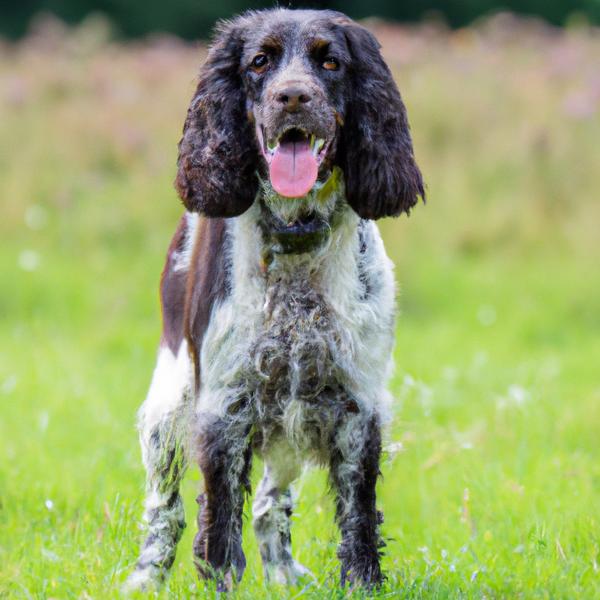
Sprocker Spaniel
Australian Cattle Dog vs Sprocker Spaniel
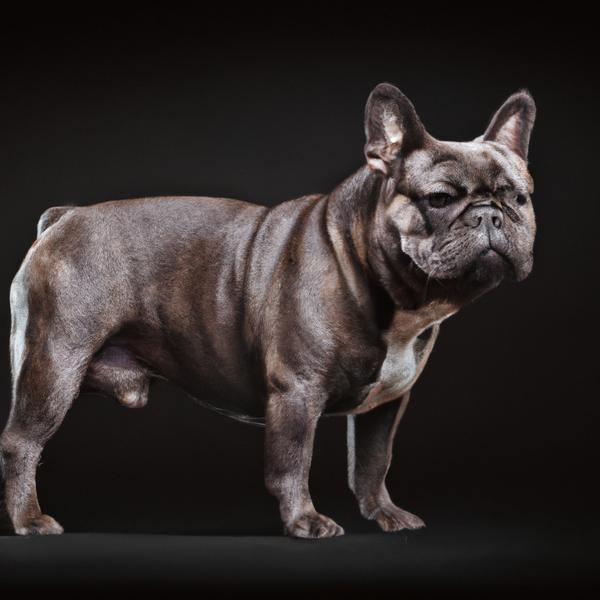
Italian Bulldogge
Australian Cattle Dog vs Italian Bulldogge
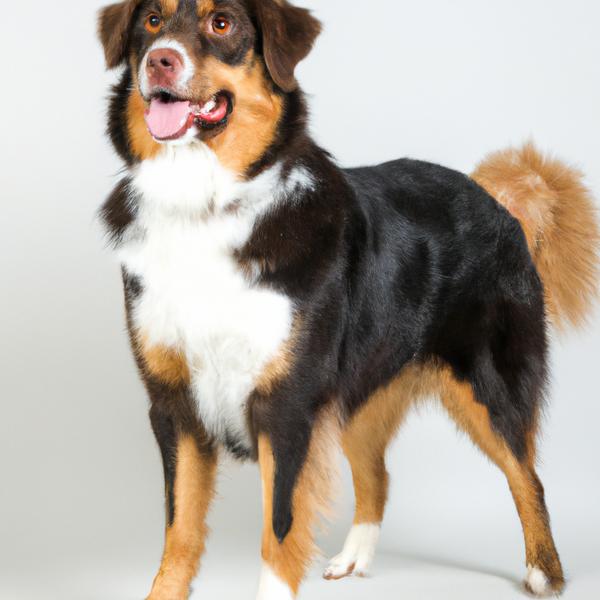
Aussiedor
Australian Cattle Dog vs Aussiedor

Ttoodle
Australian Cattle Dog vs Ttoodle
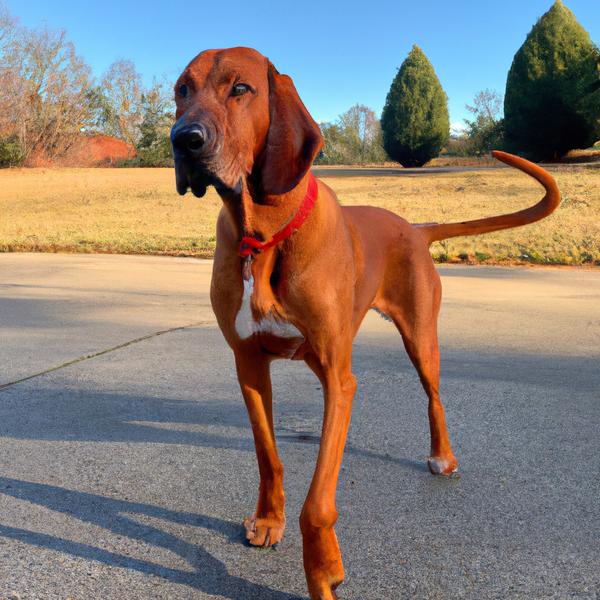
Redbone Coonhound
Australian Cattle Dog vs Redbone Coonhound
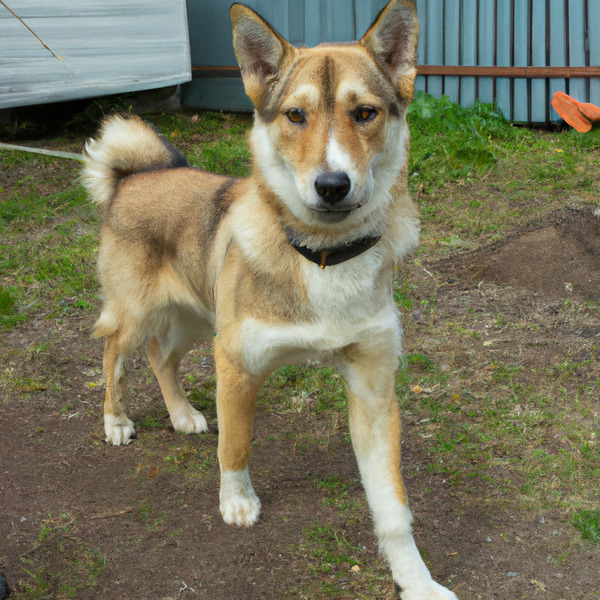
East Siberian Laika
Australian Cattle Dog vs East Siberian Laika
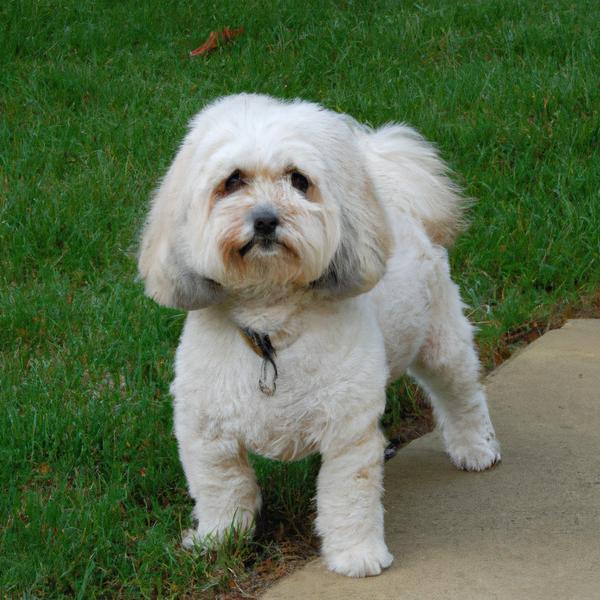
Havachon
Australian Cattle Dog vs Havachon
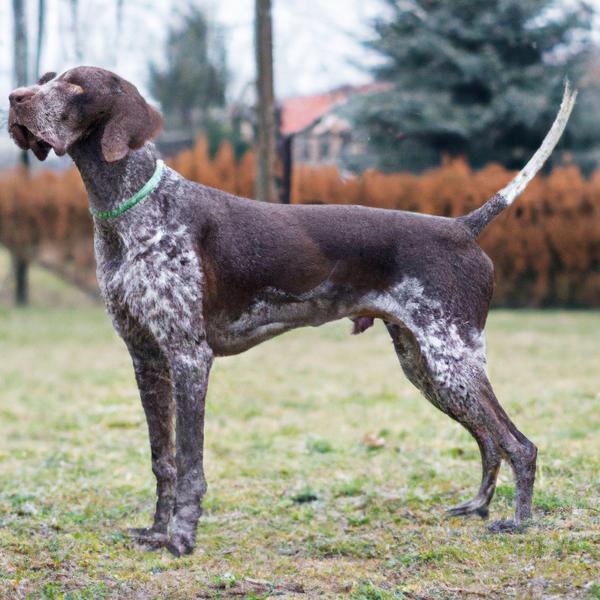
German Pointeraner
Australian Cattle Dog vs German Pointeraner
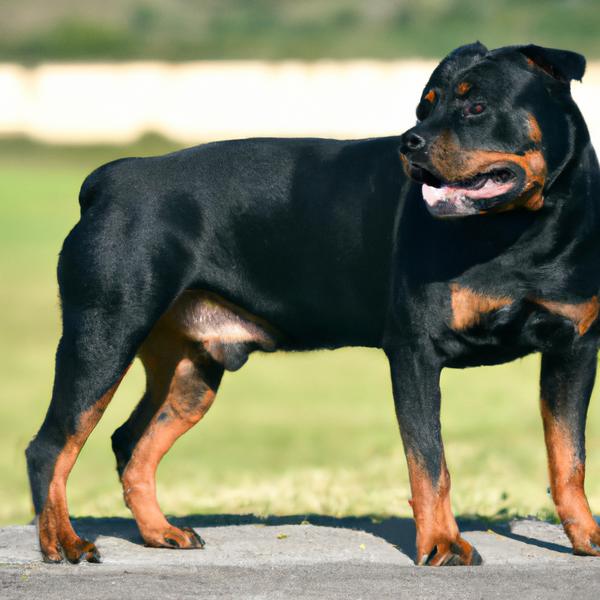
English Bullweiler
Australian Cattle Dog vs English Bullweiler
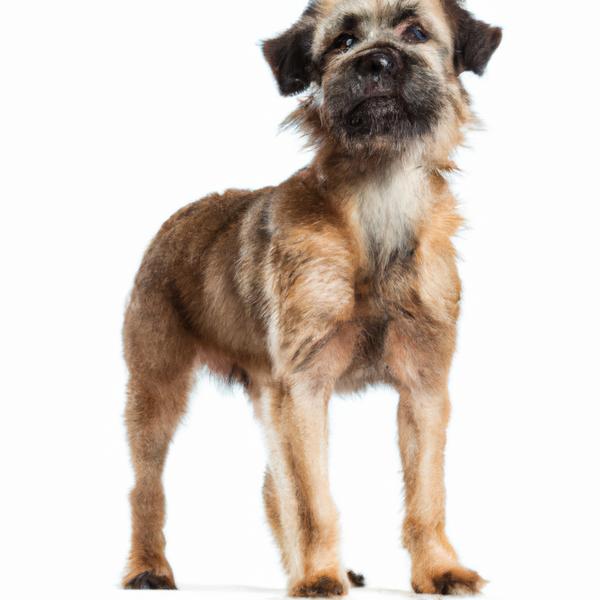
Griffonese
Australian Cattle Dog vs Griffonese
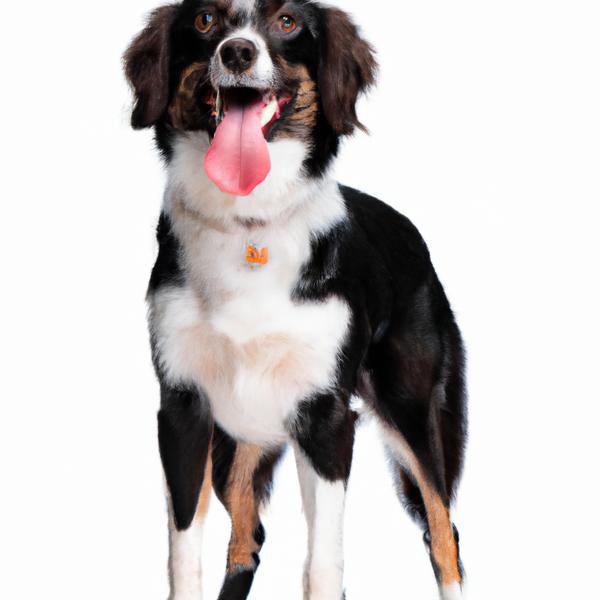
Border Collie Cocker
Australian Cattle Dog vs Border Collie Cocker
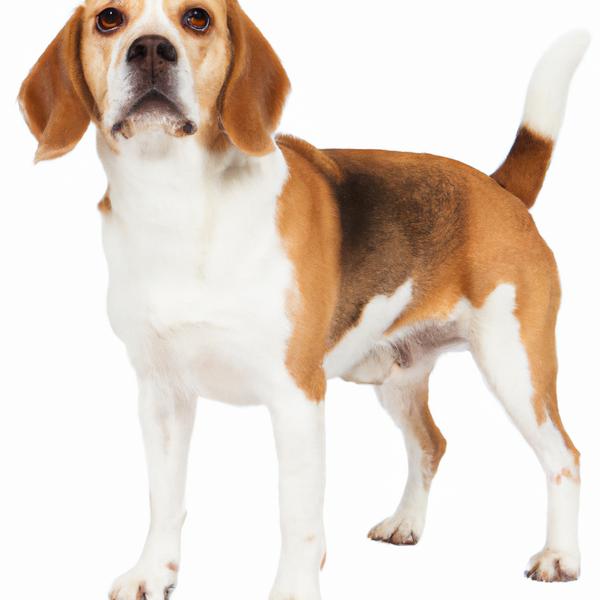
Beagleman
Australian Cattle Dog vs Beagleman
